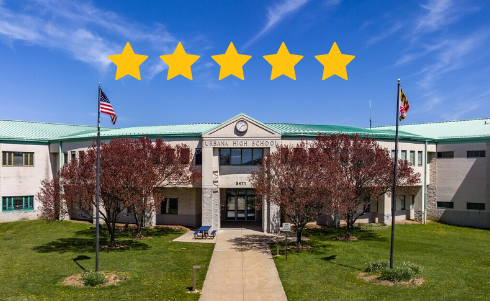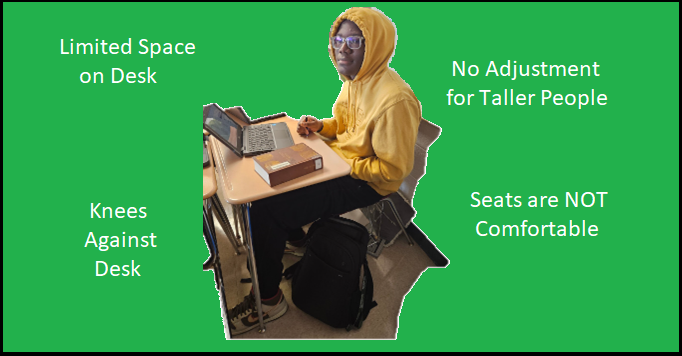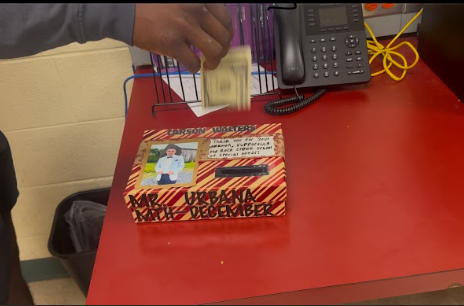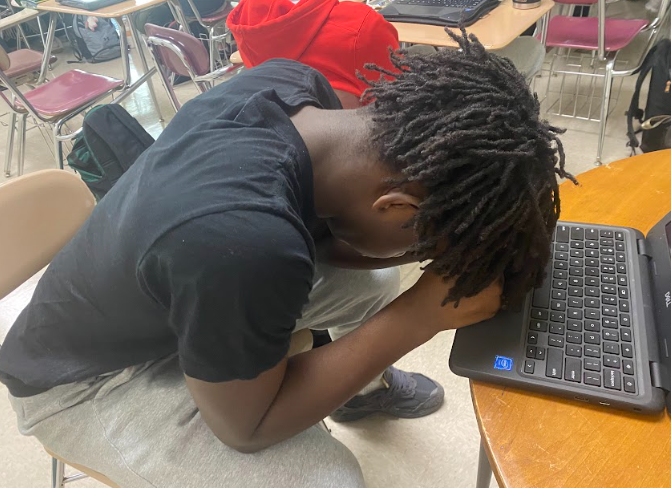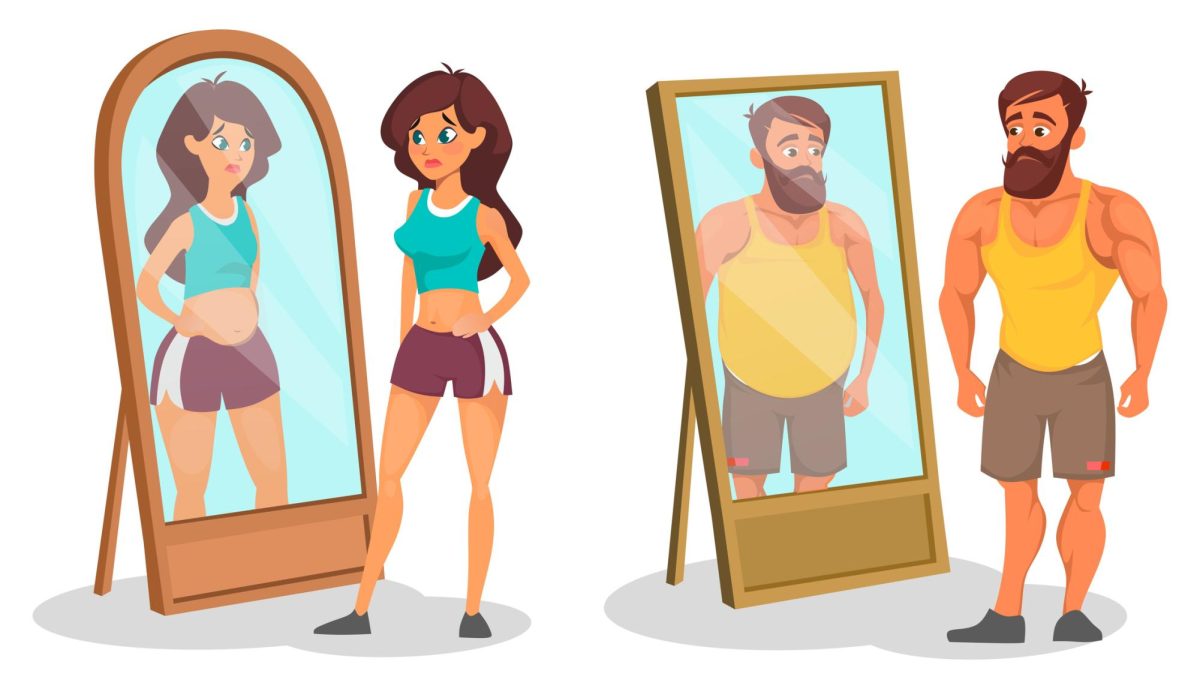Marijuana is one of the most commonly used drugs among teenagers in today’s society. While many teens believe it’s harmless or just a fun thing to do with friends, there are serious effects it has on their developing bodies and brains.
There are many risks that come with smoking marijuana as a teen, both physical and psychological effects. Teens today often see marijuana as a less harmful substance than tobacco or alcohol.
In recent years there has been a spike in marijuana use among teens especially as most states have legalized it and made it okay for recreational use.
Data from the National Institute on Drug Abuse says approximately 35% of high school seniors report using marijuana in the past year, with 22% having used it in the past month.
As a teenager, your brain is still developing and using marijuana can have both immediate and long-term effects. It can affect cognitive function, brain structure, and increase risk for mental health disorders.
Using marijuana can impact how someone remembers things, learns, and even just pays attention. It also can permanently alter the way you make decisions and decide what is right and wrong.
Brelon Williams (Class of 2025) talks about how he’s seen marijuana affecting his peers “It starts to change who they are, and then they get addicted which then makes it their whole personality.”

There is also a high correlation between teens that use marijuana and mental health disorders such as anxiety, depression, and psychosis.
Studies by the CDC show people who use cannabis are more likely to develop temporary psychosis (not knowing what is real, hallucinations, and paranoia) and long-lasting mental disorders, including schizophrenia (a type of mental illness where people might see or hear things that aren’t there). The association between cannabis and schizophrenia is stronger in people who start using cannabis at an earlier age and use cannabis more frequently.
The relationship between marijuana use and mental health is confusing and difficult to understand but it can also amplify symptoms for individuals who are already at risk for these disorders.
Since marijuana is becoming legalized in many states all over the country, teens don’t view it as something very harmful or dangerous. Though there are still legal consequences for teens who partake in marijuana use.

Urbana High School’s resource officer, DFC Kay, says “I believe it is easier for teens to gain access to marijuana since it became legal because anyone 21 or older can walk into a dispensary and purchase it. Just like alcohol.”
While, yes, marijuana is becoming legal for people over the age of 21 to buy and use in Maryland, teens are still obligated to follow those age restricted laws. Depending on where someone is or how much marijuana they have, they could face fines, jail time, or community service if caught.
Teen marijuana use is also associated with a higher risk of developing another substance addiction in the future to something more dangerous. Teens who already smoke marijuana would be much more likely to try alcohol, nicotine, or even hard drugs.
Going from using the drug casually to becoming dependent on it can happen very quickly for teens who have started using marijuana at an early age.

Giuliana Siguenza (Class of 2028) says “While I have not personally seen any of my friends do it, I do think it is easier for teenagers to get today.”
Peer pressure and someone’s environment is very influential on marijuana use. Many teens feel pressure to fit in and participate in activities that they usually wouldn’t do.
Social media also plays a big role in the normalization of marijuana use. There are thousands of influencers that build their brand solely around the use of marijuana which sends the message that it’s harmless and even fun.
There are also several effects on physical health. Using marijuana impairs one’s reaction times as it slows you down, which makes it especially dangerous for teens who might be using it while driving or operating machinery.
The most common physical effect from smoking marijuana is respiratory issues. It can damage lungs leading to many different diseases such as bronchitis or even cancer. Teens who have been using marijuana regularly for a period of time will probably start to experience coughing and increased shortness of breath.
The chemicals in THC make your heart race and beat faster, while this may not be a huge concern for teens, it is dangerous for people with already existing heart conditions.
Another huge effect of marijuana on teens is inadequate academic performance. A study by JAMA Pediatrics says that among 63 studies that comprised 438,329 participants, moderate-certainty evidence indicated that cannabis use among individuals ages 24 years and younger was likely associated with lower school grades as well as less likelihood of high school completion, university enrollment, and post secondary degree attainment.
UHS counselor, Miranda Sly says this “A lot of students don’t want to talk about their struggle with substance use because they know it could result in a call home.”
She continues by explaining the resources UHS has for students that do open about their substance use. Sly continues, “We try and help students get their families aware and possibly find a therapist or attending something like an AA meeting but for a different substance.”
In the past couple years, with the legalization of marijuana in most states, it has become much more common and normalized especially in teens. The use of marijuana puts teens at high health and developmental risk.
Teen brains are still developing and the effects of marijuana will greatly impact their cognitive, physical, and mental health. Grasping the gravity of these effects and talking with teens about the risks of marijuana use can help them become more aware.
There are steps that people can use to help teens who are struggling with marijuana use…
- Have a conversation about it. Make teens aware to the dangers and affects of it.
- Debunk the myths about marijuana such as it’s “natural”, not addictive, and completely safe.
- Find healthier coping mechanisms. Many teens start using marijuana because they believe it could help with stress. Finding different ways to deal with this stress is crucial
- Improving sleep is also a huge help in decreasing marijuana use.
- Delay and Distract. Every time the teen feels the desire to use marijuana tell them to delay this urge by five minutes and distract themselves with doing something else until the desire eventually fades away.
- Participate in Community-Based Prevention Programs
With support from family, peers, and staff, teens can learn and understand what marijuana can do to their health and then they can make good, enlightened choices.







